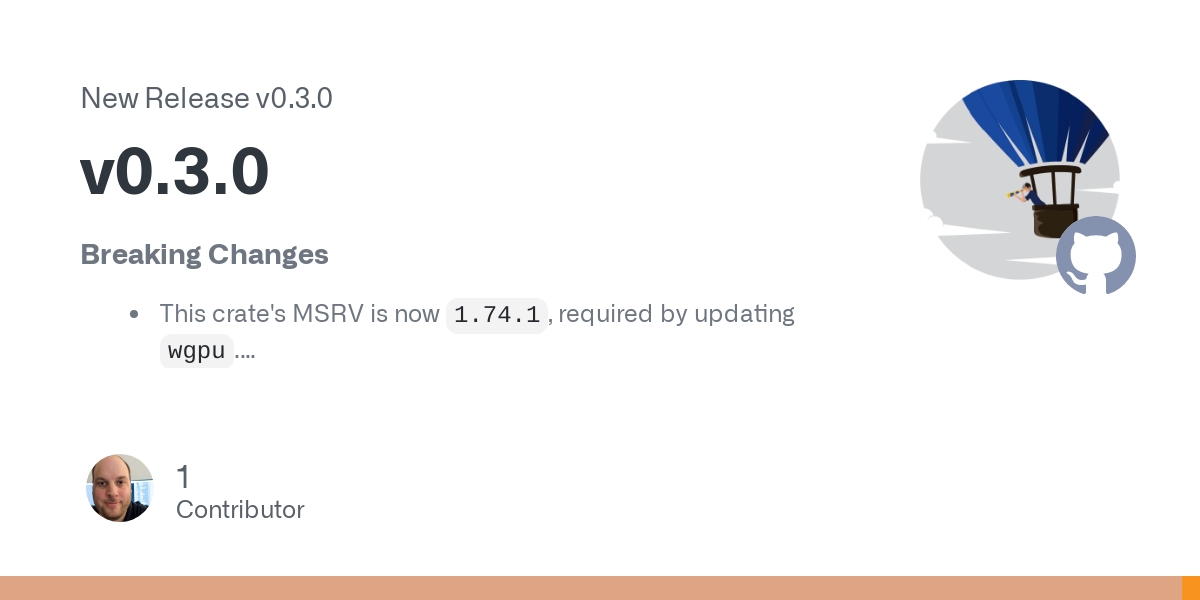

While pure Python code should work unchanged, code written in other languages or using the CPython C API may not. The GIL was implicitly protecting a lot of thread-unsafe C, C++, Cython, Fortran, etc. code - and now it no longer does. Which may lead to all sorts of fun outcomes (crashes, intermittent incorrect behavior, etc.).
:tabclose





You should be thankful it’s not 18446744073709551615 days to go.